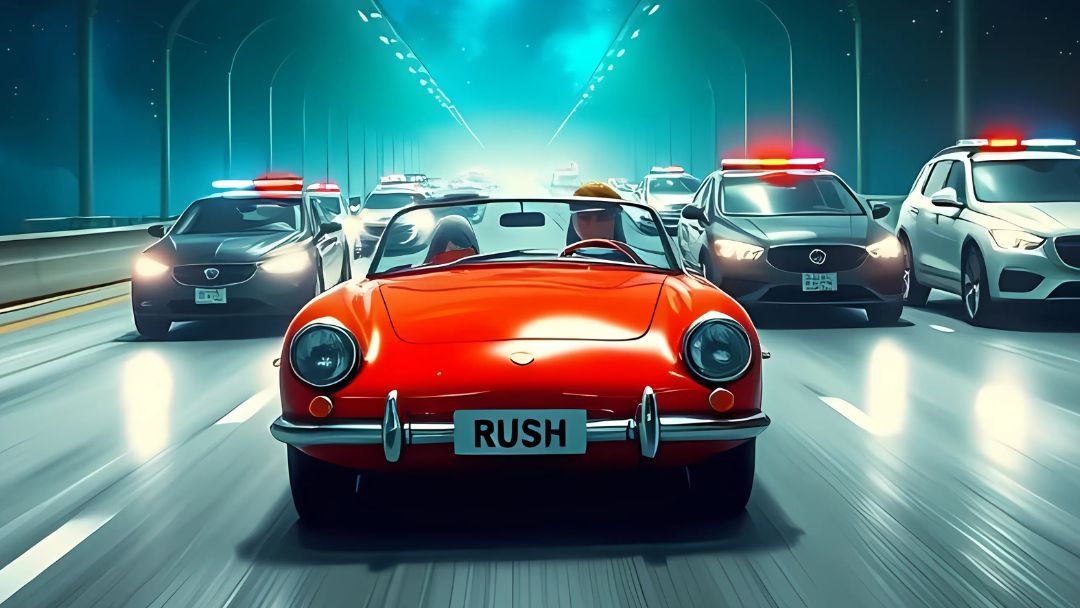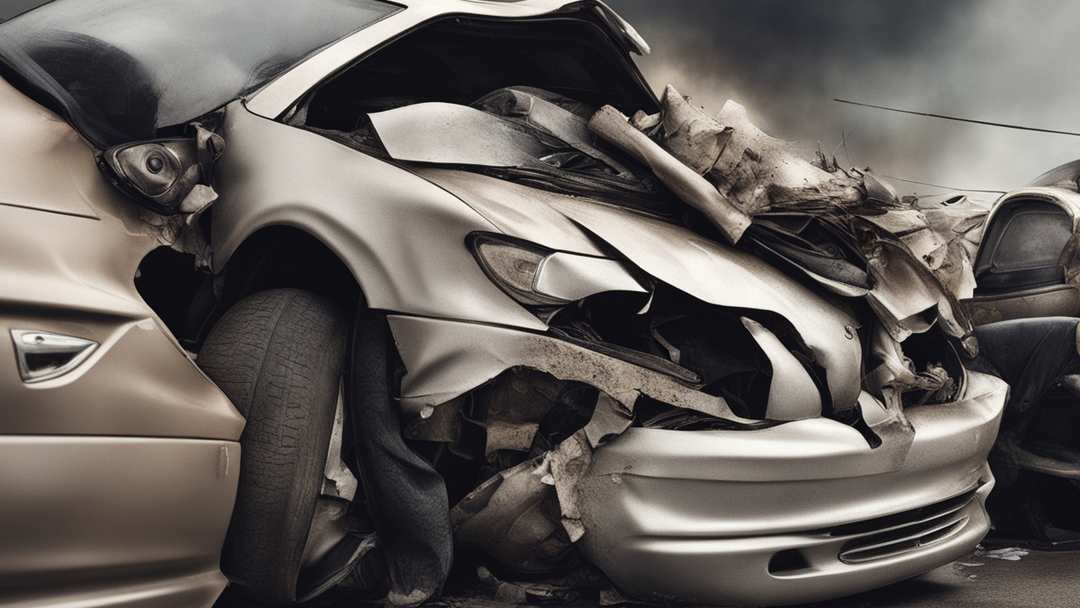
Legal Tip – Driving High on Cannabis in Michigan
Driving under the influence of cannabis is illegal and carries serious consequences in Michigan.
We have fought and won many cases from the District Courts, Circuit Courts, Court of Appeals and the Supreme Court through out the State of Michigan. We have also fought and influenced laws and regulations regarding cannabis over the past 15 years+.
Go ahead Google Us – Search Komorn Law
If you are stopped and suspected of driving high:
- Remain Calm and Polite: Cooperate with the officer’s requests (e.g., providing your license and registration).
- You Have the Right to Remain Silent: You are not obligated to answer questions beyond basic identification. Politely state that you wish to remain silent.
- Field Sobriety Tests (FSTs) are Voluntary: You can refuse to participate in roadside field sobriety tests. This refusal cannot be used against you in court, although the initial stop and observations can still be factors.
- Implied Consent: Michigan has an implied consent law, meaning by driving on public roads, you’ve consented to chemical tests (blood, breath, or urine) if lawfully arrested for a suspected OWI. Refusal to submit to a chemical test after a lawful arrest can lead to immediate driver’s license suspension, even if you are not ultimately convicted of OWI.
- Document Everything: If possible, note the time, location, officers involved, and any details about the stop.
- If Arrested, Do Not Resist: Comply with the arrest procedures. If you do resist you need to call us ASAP.
If you need to hire one of the best legal firms in Michigan
If you are arrested for driving under the influence of cannabis, it is crucial to seek experienced legal counsel as soon as possible.
Call Komorn Law to understand your rights and options and to build a strong defense. We specialize in Michigan marijuana laws and can provide the expert representation you need.
When you’re in trouble
Better Call Komorn
Komorn Law
Areas of Service
We fight for our clients throughout the State of Michigan and Northern Ohio.
Here are some court contacts we frequently handle cases.
Oakland County
If you are facing any legal charges in Oakland County and need to hire an attorney, call our Office (248) 357-2550. If you need to contact the court, here is the information:
- Telephone Number: (248) 858-0344
- Address: 1200 N Telegraph Rd, Department 404, Pontiac, MI 48341-0404
- Website:
Oakland County 6th Judicial Circuit Court
Macomb County
If you are facing any legal charges in Macomb County and need to hire an attorney, call our Office (248) 357-2550. If you need to contact the court, here is the information:
- Telephone Number: (586) 469-5150
- Address: 40 N. Main Street, Mt. Clemens, MI 48043
- Website:
Macomb County 16th Judicial Circuit Court
Wayne County
If you are facing any legal charges in Wayne County and need to hire an attorney, call our Office (248) 357-2550. If you need to contact the court, here is the information for the Third Circuit Court (Wayne County):
- Telephone Number (Civil/Family): (313) 224-5510
- Telephone Number (Criminal): (313) 224-5261 or (313) 224-2503
- Address (Civil/Family): 2 Woodward Avenue, Detroit, MI 48226
- Address (Criminal): 1441 St. Antoine, Detroit, MI 48226
- Website:
https://www.3rdcc.org/
Kent County
If you are facing any legal charges in Kent County and need to hire an attorney, call our Office (248) 357-2550. If you need to contact the court, here is the information:
- Telephone Number: (616) 632-5220
- Address: 180 Ottawa Avenue NW, Grand Rapids, MI 49503
- Website:
Kent County
Traverse County
If you are facing any legal charges in Traverse County and need to hire an attorney, call our Office (248) 357-2550. If you need to contact the court, here is the information for the 13th Circuit Court (which includes Traverse County):
- Telephone Number: (231) 922-4701
- Address: 328 Washington Street, Suite 300, Traverse City, MI 49684
- Website: Traverse City 13h Circuit Court
Monroe County
If you are facing any legal charges in Monroe County and need to hire an attorney, call our Office (248) 357-2550. If you need to contact the court, here is the information:
- Telephone Number: (734) 240-7020
- Address: 106 E First Street, Monroe, MI 48161
- Website: Monroe County 38th Circuit Court
And more






